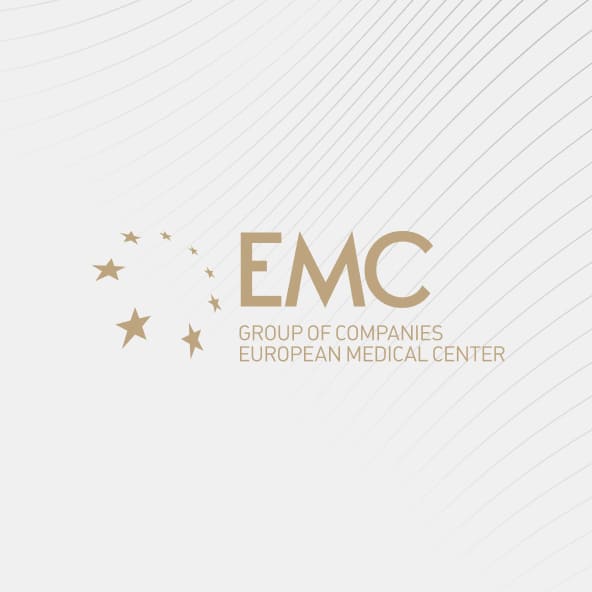Allergy test at the European Medical Center
Recently, there has been a steady increase in the number of patients suffering from allergies. One of the most common diseases of this kind is urticaria. It is manifested by inflammatory rashes on the skin, which are accompanied by itching and/ or angioedema (swelling of the deep layers of the skin or mucous membranes). The causes of urticaria can be a variety of factors: inhalation and food allergens, medications, infections of the gastrointestinal tract, urinary system, helminthic and parasitic infestations, etc.
A special form of this type of allergy is autoimmune urticaria. According to various authors, its frequency reaches 32.9% of all cases of chronic idiopathic urticaria (urticaria, the cause of which is not fully established). In the blood of patients with autoimmune urticaria, antibodies are produced that can interact with the antigens of their own body, which activate basophils (a subspecies of white blood cells) or mast cells (highly specialized immune cells of connective tissue), which leads to the release of histamine and causes the clinical manifestations of the disease.
The prolonged severe course of chronic urticaria and the ineffectiveness of antihistamines make it possible to clinically suspect the autoimmune nature of the disease. However, the diagnosis of autoimmune urticaria using modern methods is carried out in only a few specialized centers. Recently, a similar study became possible in Moscow at the European Medical Center. How testing is carried out, how its results are evaluated and what value they represent – these questions are answered by expert doctors: dermatovenerologist, Ph.D. Marina Mikhailova Yudina and dermatovenerologist, Ph.D. Karina Levonovna Vardanyan:
Marina Mikhailovna, how can autoimmune urticaria be diagnosed?
The “gold standard" for the diagnosis of autoimmune urticaria at the first stage is a sample with autologous, i.e., the patient's own serum. For its implementation, a small amount of serum / plasma is administered intradermally, as in the Mantoux reaction. If there is swelling and redness in the area of the patient's serum injection, 1.5 mm larger than those in the area of negative control, the test is considered positive. A negative intradermal test with autologous serum makes it possible to exclude the autoimmune mechanism of chronic urticaria in patients. The test is quite technically complex and requires special conditions for conducting, which explains its low availability.
Are there any limitations and contraindications to this test?
Antihistamines, systemic steroids, and some antidepressants may affect test results. They should be discontinued at least 3 days before the study. Regarding safety, it should be said that the test is completely safe, since the patient's own blood is used for it, the treatment is carried out under antiseptic conditions and the serum is not stored, but is used for testing immediately after preparation. The study is conducted on an outpatient basis under the supervision of a doctor. No clinically significant side effects have been reported worldwide.
What are the future management tactics for patients with autoimmune urticaria?
After confirming the diagnosis of autoimmune urticaria, additional examination of patients is carried out, since other autoimmune diseases are often detected with this disease. Thus, studies show that patients with autoimmune urticaria are more likely to detect markers of other diseases, such as rheumatoid factor, antinuclear antibodies and antibodies to the thyroid gland. According to American researchers, thyroid function is impaired in 19% of patients with chronic urticaria. The level of antibodies to thyroglobulin was increased in 8% of patients with chronic urticaria, the level of antibodies to thyroid peroxidase was increased in 5%, and an increase in the level of both antibodies was noted in 14% of patients. In addition, many scientists are discussing the role of Helicobacter pylori infection in the development of autoimmune urticaria. It was revealed that the eradication (destruction) of H.ru1ogi leads to an improvement in the symptoms of chronic urticaria in 68% of cases. In patients with urticaria, it is advisable to conduct an examination of the gastrointestinal tract in order to identify a helicobacter infection and its subsequent treatment. It has also been noted that patients with autoimmune urticaria often have intolerance to certain medications, such as nonsteroidal anti-inflammatory drugs and antibiotics.
Karina Levonovna, what is the prognosis for the detection of the autoimmune nature of urticaria?
As a rule, patients with autoimmune urticaria have more frequent and prolonged attacks of the disease, they require longer and intensive therapy with antihistamines. The presence of concomitant angioedema and thyroid antibodies in combination with a positive intradermal test worsens the prognosis and indicates a possible long-term course of the disease. Based on these data, in the case of a positive intradermal test with autologous serum, the doctor may decide to switch to third-line drugs of choice for the treatment of chronic urticaria earlier (cyclosporine, etc
.)
Thus, to identify the autoimmune nature of the disease, all patients with chronic urticaria are subject to screening examination using an intradermal sample with autologous serum to identify or exclude the autoimmune nature of the disease. The European Medical Center has the latest methods for the diagnosis and treatment of allergic diseases, which allows us to provide high-quality effective care to our patients.
Get help
Specify your contacts and we will contact you to clarify the details.
Doctors
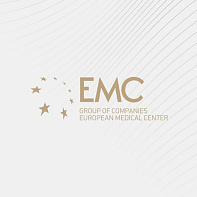
Margarita Turbovskaya
-
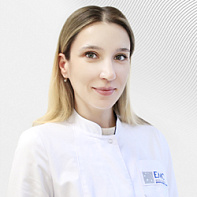
Pronina Ekaterina
-
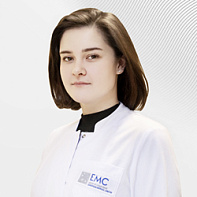
Smirnova Darya
-
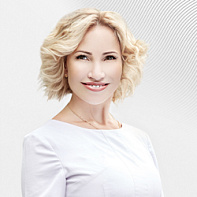
Savina Anna
-
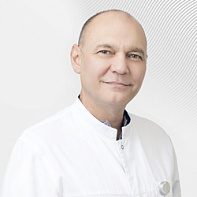
Ivanov Arthur
Doctor of the highest category
-
.jpg)
Zavialova Aleksandra
Leading employee of the Podology Department
-

Turbovskaya Svetlana
Head of the Department of Pediatric Dermatology, Ph.D. of Medical Sciences, Doctor of the highest category
-
.jpg)
Zharinova Natalia
Ph.D. of Medical Sciences
-
.jpg)
Galieva Nadezhda
Head of the department of podiatry, Ph.D. of Medical Sciences
-
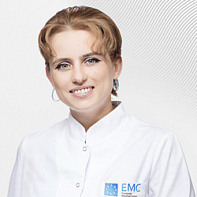
Batkaeva Nadezhda
Head of the Venereology Department, Ph.D. of Medical Sciences
-
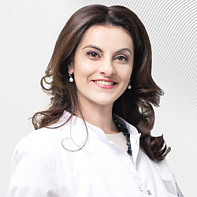
Vardanyan Karine
Senior dermatologist at the Clinic of Dermatovenereology and Allergology. Head of Allergology Department. , Doctor of the highest category, Ph.D. of Medical Sciences
-
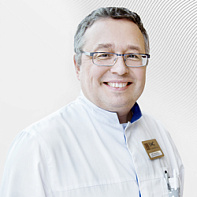
Haliulin Yuri
Ph.D. of Medical Sciences, Associate Professor
-
Margarita Turbovskaya
- Specialization — pediatric and adult dermatology, diagnosis and removal of skin growths in adults and children. He has the skills of dermatoscopy and photographing skin growths
- Graduated from the First Moscow State Medical University named after I. M. Sechenov of the Ministry of Health of the Russian Federation with a degree in Medical Medicine, and completed her residency at the Central State Medical Academy of the Presidential Administration of the Russian Federation with a degree in Dermatovenerology
- Permanent participant of All-Russian congresses and symposiums
Total experience
4 years
Experience in EMC
since 2024
